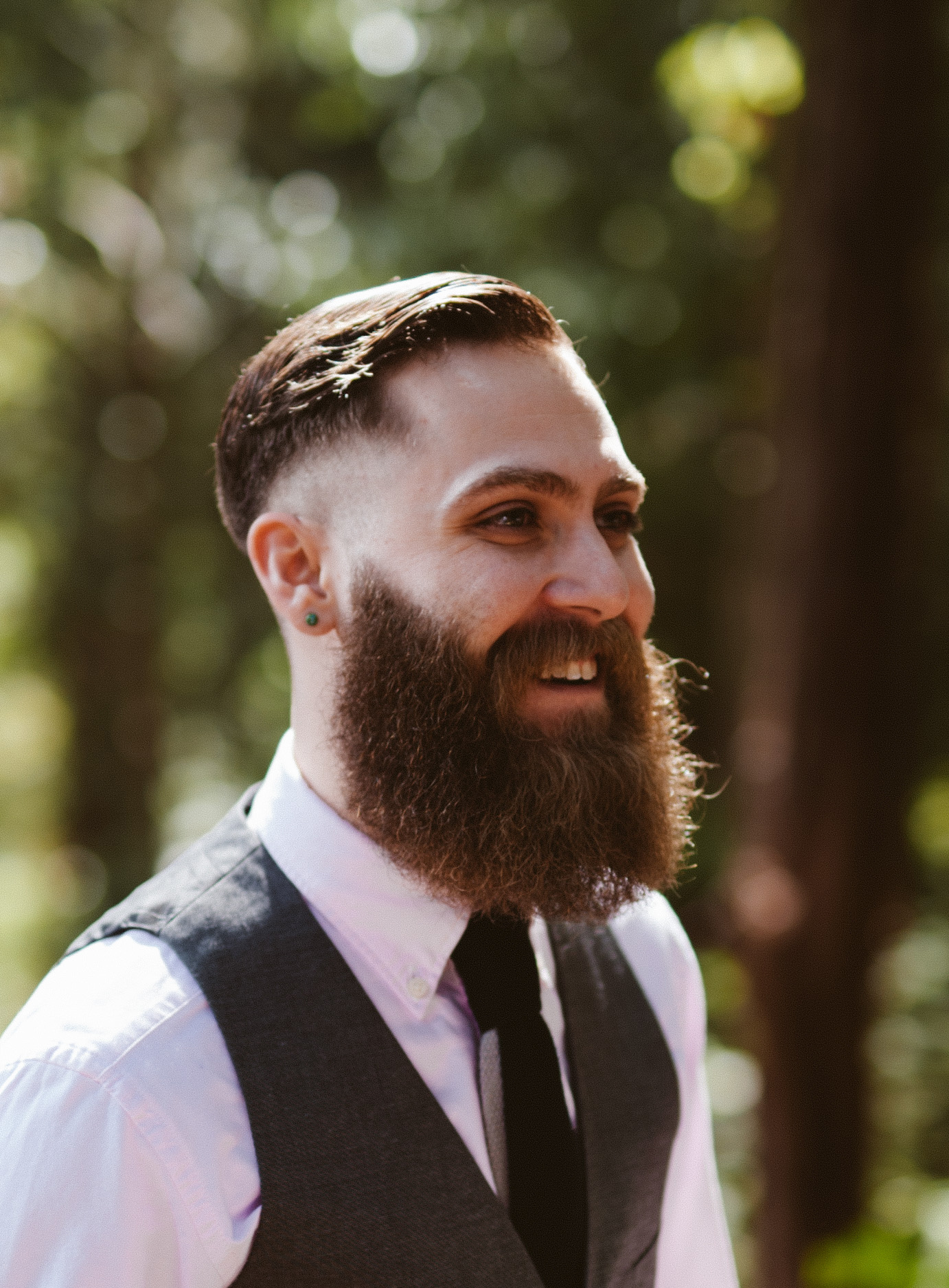The other day I was talking with a colleague, a fellow writer and editor, about genre fiction, and we came to an interesting—if somewhat morbid—conclusion about why we love reading fantasy and science fiction.
Reality, we determined, kind of sucks. I don’t mean to be pessimistic or fatalist, and I totally acknowledge that it’s an oversimplification of the infinitely-variable and convoluted thing called “being alive”, but when you think about the fact that Donald Trump and Ted Cruz, whose bilious words are listened to seriously by a shocking number of Americans, are the frontrunners in the current political climate in the US…yeah. Easy to think everything sucks.
“Classic” fantasy and science fiction—and I don’t pretend that the term is being used correctly, here—often deals in much simpler forms of conflict than might take place in the real world. Nuanced issues were not part of the Conan mythos, for instance. We could argue that ad nauseam, I’m sure, so let’s do so in the comment below.
But creative writers began to build fascinating, complex, and far-out worlds where the conflict became more and more complex, to the point where we have many-volume epics like Dune, The Wheel of Time, and others with so many moving parts and elaborate motives that following along becomes a years-long herculean task.
And yet, those complex realities do not “suck” the way we can sometimes think our own world sucks. Why is that?
I posit that it is because genre fiction acts as a social experiment. Through the clever application of hundreds of thousands of words, we can follow hypotheticals wilder than our wildest dreams and experience humanity through them. I am not, nor will I ever be, a young witch in a post-medieval society, and genre fiction affords me a glimpse into what such a life might be like. I appreciate the Monomyth as much as the next Joseph Campbell fan, but I like even more the opportunity to journey farther and farther away from my comfort zone.
As a reader, I want books like Anne Leckie’s Imperial Radch series, which reimagines what perception might be like, which eschews gender not as an act of activism, but as an element that brings more intrigue to the story. I want books that put me in uncomfortable places, where I learn how to assimilate new information alongside a compelling character. I want to experience the other.
It is often said—and I completely agree—that having an international experience expands the mind. By traveling and seeing people in their own cultures, in their own cities, in their own very foreign lives, we learn how small our worldviews can be when we limit ourselves to our Two Rivers. Our Caladan. Our Shire.
Here’s the rub: writing far-out places, with different people, settings, and experiences is difficult, unnatural, and sometimes perceived the wrong way. It is hard for writers to authentically capture an experience so utterly foreign to themselves. What are we to do? I’m of the opinion that we keep writing. Even if we do something wrong, the fact of the matter is that we’re exploring beyond the fringes of our comfort when we put pen to paper—or finger to keyboard, in most of our cases. Crucially, it is important to do research, reach out to others, and ensure that you do everything in your power as a writer to be honest to your world’s reality while avoiding direct antagonism of readers in our reality.
I don’t have a good answer to any of the questions I’ve raised here. Hell, I don’t even know if they’re very good questions. The simple fact of the matter is that I disagree vehemently with the notion that fantasy and science fiction are crutches through which the weak escape reality.
No. Fantasy and science fiction are tools for us to build a greater understanding of ourselves, the world around us, and the human condition. We have the privilege of imagination, and through careful use of it, we can learn something new every day. The best part is that it’s usually terrific fun. Writing genre fiction is as much a learning experience as reading it, if not more so. What happens if you build characters that feel real is that they’ll begin to escape your careful plans for them. They’ll behave in ways you might not have predicted, because as much as you’d like to wrangle them into your plotted situations, they are imbued with life.
And when your characters are alive, you grow with them. When you read living characters, you learn with them. We don our anthropologist and sociologist hats, our linguistic, biological, economic, military, psychological hats. We investigate, we play, we laugh, we cry. We imagine.
We experiment.
That’s why I read. That’s why I write. Why do you?
###
 By day, Elan Samuel is a writer and editor at a tech company in San Francisco. By night, he writes fiction and reviews books of all kinds on his blog, The Warbler. His wildest dreams include becoming a published author and building a career in which he can read all day, preferably near a body of water.
By day, Elan Samuel is a writer and editor at a tech company in San Francisco. By night, he writes fiction and reviews books of all kinds on his blog, The Warbler. His wildest dreams include becoming a published author and building a career in which he can read all day, preferably near a body of water.

